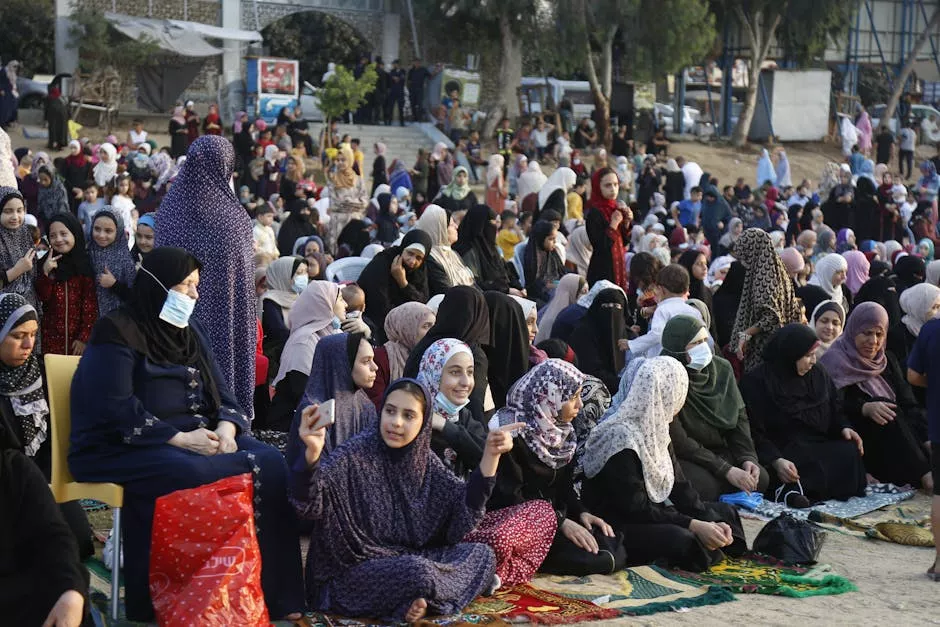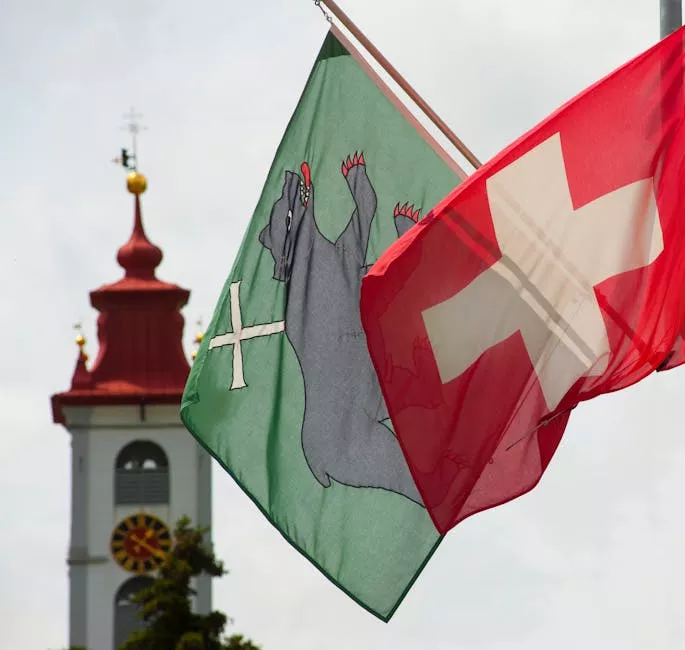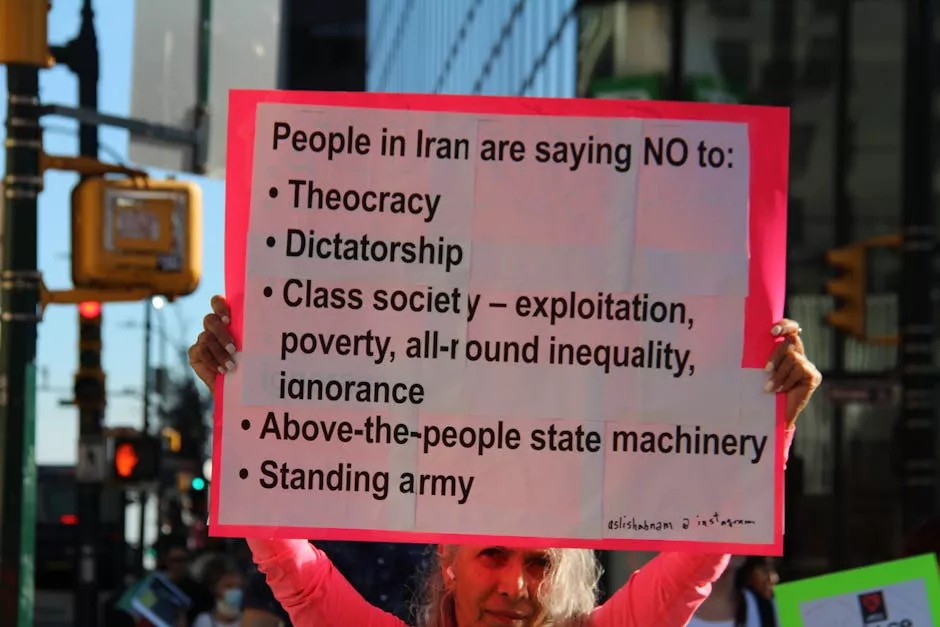Netanyahu Defies Trump's Peace Declaration, Vows Gaza War Continues
Despite Trump declaring peace and ceasefires in Gaza and Lebanon, Israeli PM Netanyahu insists the Gaza conflict remains active, highlighting deep divisions in Middle East strategy.

A stark diplomatic contradiction has emerged between Washington and Jerusalem as Israeli Prime Minister Benjamin Netanyahu publicly rejected US President Donald Trump's recent declaration of peace in the Middle East, insisting that Israel's military operations in Gaza remain far from concluded despite ongoing ceasefire arrangements.
The conflicting statements underscore the complex dynamics of Middle Eastern geopolitics, where even the closest allies can have fundamentally different interpretations of conflict resolution and strategic objectives. While Trump has celebrated what he views as successful peace initiatives in both Gaza and Lebanon, Netanyahu's position suggests that Israel's security concerns remain unaddressed.
Diverging Perspectives on Regional Stability
Netanyahu's stance reflects Israel's long-standing position that temporary ceasefires do not constitute permanent solutions to underlying security threats. The Israeli Prime Minister has consistently argued that Hamas and other militant groups in Gaza continue to pose existential threats to Israeli civilians, necessitating continued military pressure and strategic operations.
This disagreement reveals broader tensions within the US-Israel alliance regarding the appropriate timeline and conditions for ending military operations. Trump's eagerness to claim diplomatic victories and declare peace may be motivated by domestic political considerations, while Netanyahu faces immediate security pressures from his military establishment and right-wing coalition partners.
Strategic Implications for Regional Players
The public discord between Trump and Netanyahu sends mixed signals to other regional actors, including Hamas, Hezbollah, and neighboring Arab states. Palestinian leaders may interpret Netanyahu's statements as evidence that Israel remains committed to long-term military objectives in Gaza, potentially affecting their own strategic calculations regarding ceasefire compliance.
Regional powers such as Egypt, Qatar, and Saudi Arabia, who have invested considerable diplomatic capital in brokering ceasefire agreements, now face uncertainty about the durability of these arrangements. The disconnect between American and Israeli messaging complicates their mediating roles and raises questions about the sustainability of current diplomatic frameworks.
Domestic Political Pressures
Netanyahu's position is significantly influenced by domestic political considerations, including pressure from right-wing coalition partners who view any premature declaration of victory as potentially dangerous to Israeli security. The Prime Minister must balance international diplomatic expectations with domestic demands for comprehensive military objectives.
The situation highlights the ongoing challenge of reconciling short-term ceasefire arrangements with long-term strategic goals in one of the world's most volatile regions, where declarations of peace often prove premature.






